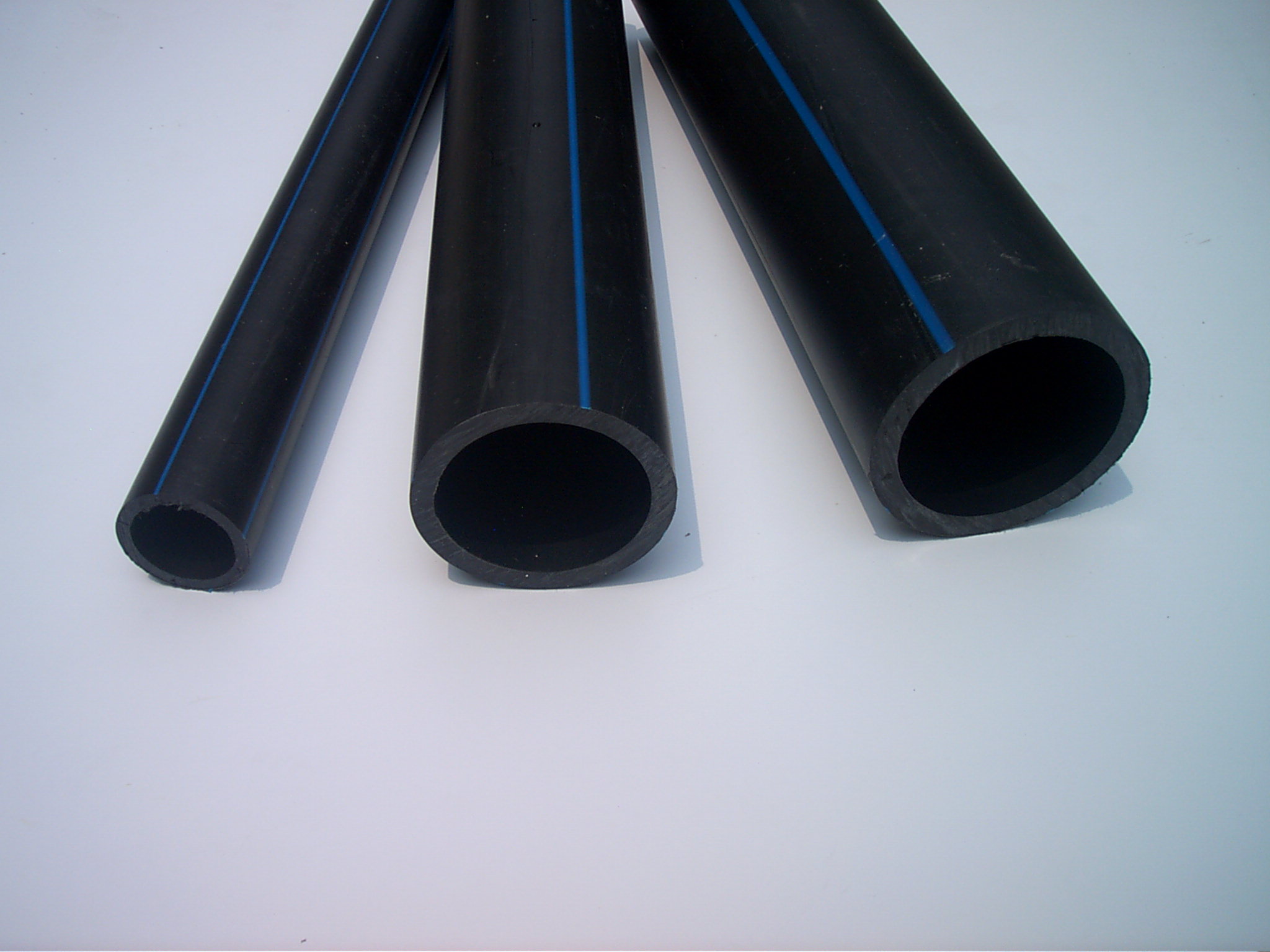Nov . 26, 2024 03:07 Back to list
Exploring the Versatility and Benefits of Polypropylene Panels in Modern Applications
The Advantages and Applications of Polypropylene Panels
Polypropylene panels have gained significant traction in various industries due to their unique properties, versatility, and adaptability. Made from a thermoplastic polymer, polypropylene (PP) offers a combination of strength, lightweight construction, and chemical resistance that makes it a preferred choice for many applications. This article will delve into the benefits of polypropylene panels, their diverse uses, and why they stand out in comparison to other materials.
What is Polypropylene?
Polypropylene is a widely used thermoplastic polymer known for its durability, flexibility, and resistance to chemicals. It is produced through the polymerization of propylene, a by-product of oil and gas refining. One of the key characteristics of polypropylene is its ability to be molded into various forms, enabling manufacturers to create a range of panels that can be utilized in different contexts.
Advantages of Polypropylene Panels
1. Durability Polypropylene panels are incredibly robust, making them resistant to wear, tear, and impact. Their high tensile strength ensures that they can withstand heavy loads, making them suitable for various applications, from construction to packaging.
2. Chemical Resistance One of the most notable features of polypropylene is its resistance to a wide range of chemicals, acids, and bases. This property makes polypropylene panels ideal for use in settings where exposure to harsh substances is likely, such as laboratories and chemical processing facilities.
3. Lightweight Compared to many traditional materials, polypropylene panels are significantly lighter, which makes handling, transportation, and installation much easier. Their lightweight nature also contributes to lower shipping costs and more efficient production processes.
4. Water Resistant Polypropylene does not absorb moisture, making its panels suitable for environments prone to humidity and water exposure. This characteristic allows for their use in applications like outdoor signage and aquatic environments where other materials might deteriorate.
5. Customization Polypropylene panels can be manufactured in various colors, sizes, and thicknesses, making them highly customizable to meet specific project requirements. This versatility is particularly beneficial for projects that demand unique designs.
6. Eco-Friendly Options Given that polypropylene is recyclable, choosing polypropylene panels can contribute to more sustainable practices in manufacturing and construction. Many companies now offer recycled polypropylene options, promoting a circular economy.
polypropylene panel

Applications of Polypropylene Panels
The diverse advantageous properties of polypropylene panels make them suitable for an array of applications across different industries
1. Construction and Renovation In the construction industry, polypropylene panels are used for wall cladding, flooring, and partitioning. They are often utilized in areas that require moisture resistance, such as bathrooms and kitchens, due to their water-resistant properties.
2. Transportation Lightweight and strong, polypropylene panels are frequently utilized in the automotive industry for interior panels, storage, and various structural components. Their strength-to-weight ratio contributes to overall vehicle efficiency.
3. Packaging Many manufacturers choose polypropylene for packaging applications, including boxes, containers, and protective packaging. The material's durability and resistance to various chemicals make it an ideal choice for food and pharmaceutical products.
4. Medical Applications Polypropylene panels are widely used in the medical industry for devices, containers, and laboratory equipment because of their easy sterilization, chemical resistance, and non-reactive properties.
5. Agricultural Uses In agriculture, polypropylene panels are employed in greenhouse construction, as they provide UV protection and can withstand outdoor conditions effectively.
6. Signage The lightweight and customizable nature of polypropylene panels makes them an excellent choice for signage, allowing for vibrant colors and long-lasting durability in various weather conditions.
Conclusion
Polypropylene panels represent a remarkable innovation in material science, combining flexibility, strength, and resistance to a myriad of environmental challenges. Their applications span across various industries, marking them as a critical component in modern manufacturing and construction. As sustainability becomes an increasingly important focus, the recyclable nature of polypropylene gives it an added edge. In choosing polypropylene panels for your next project, you not only benefit from their practical features but also support more environmentally friendly practices.
-
High-Quality PPR Pipes and Fittings Durable ERA PPR & PVC PPR Solutions
NewsJul.08,2025
-
Black HDPE Cutting Board - Durable, Non-Porous & Food Safe HDPE Plastic Cutting Board
NewsJul.08,2025
-
High-Quality CPVC Panel Durable HDPE & PVC Panels Supplier
NewsJul.08,2025
-
Double PE Welding Rod Supplier - High Strength, Durable & Versatile Welding Solutions
NewsJul.07,2025
-
High-Quality PVC-O Pipe Supplier Durable 75mm PVC Pipe & Connections Leading PVC Pipe Company
NewsJul.07,2025
-
HDPE Drainage Pipe Supplier – Durable & Corrosion-Resistant Solutions
NewsJul.06,2025

